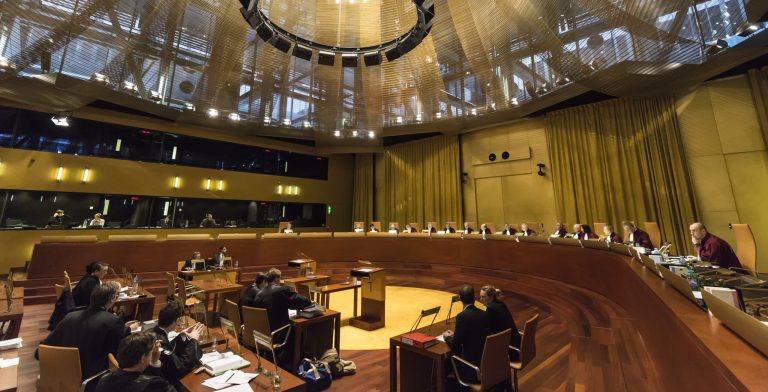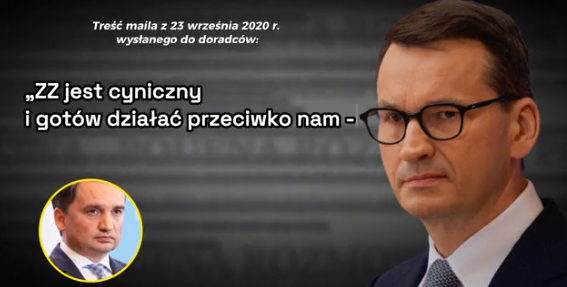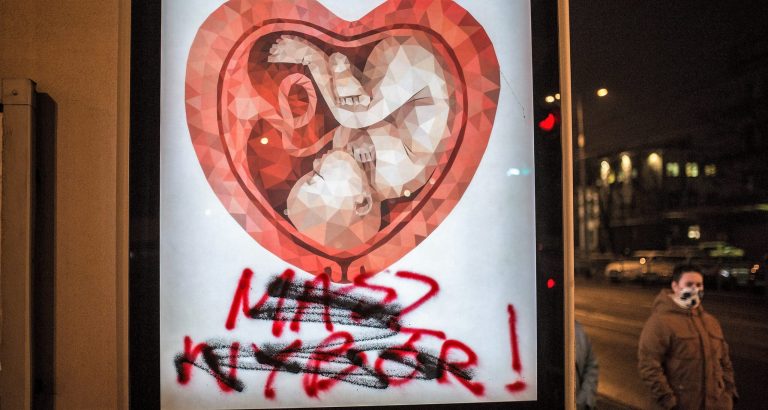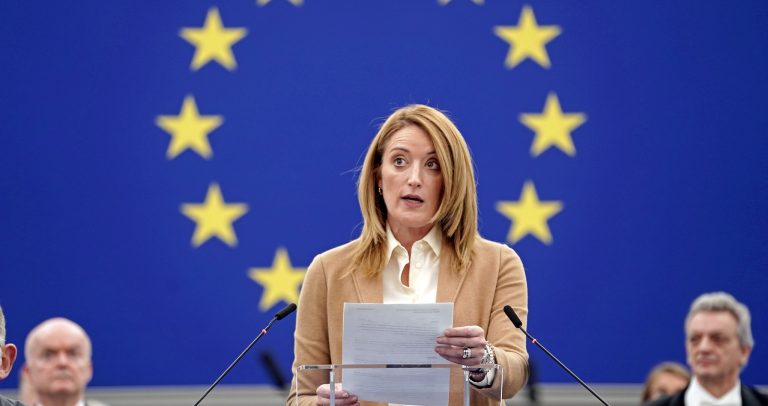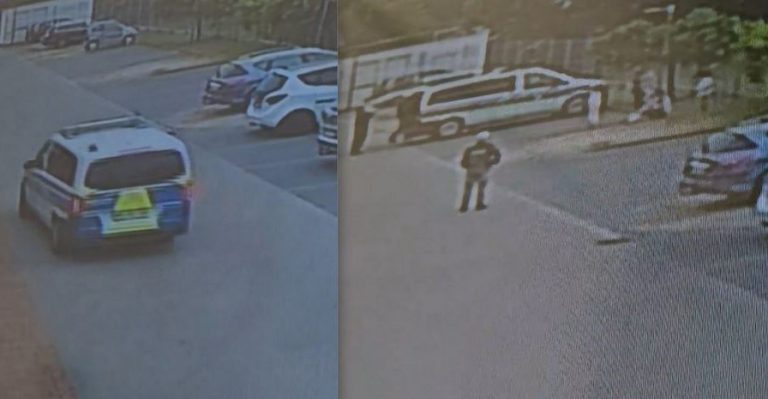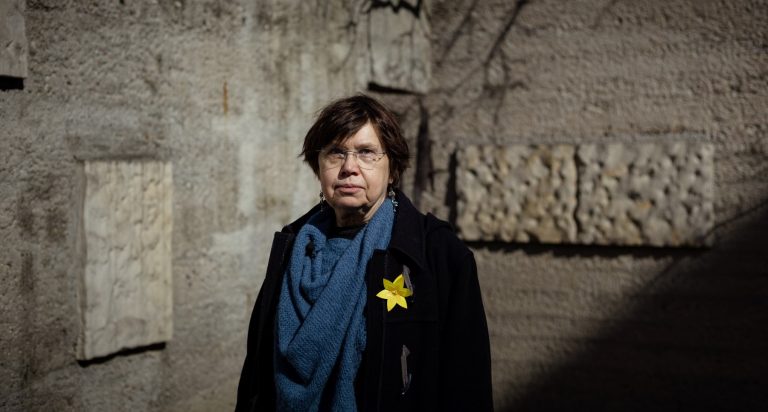Differences over Ukraine clear as Polish, Hungarian, Czech and Slovak PMs meet
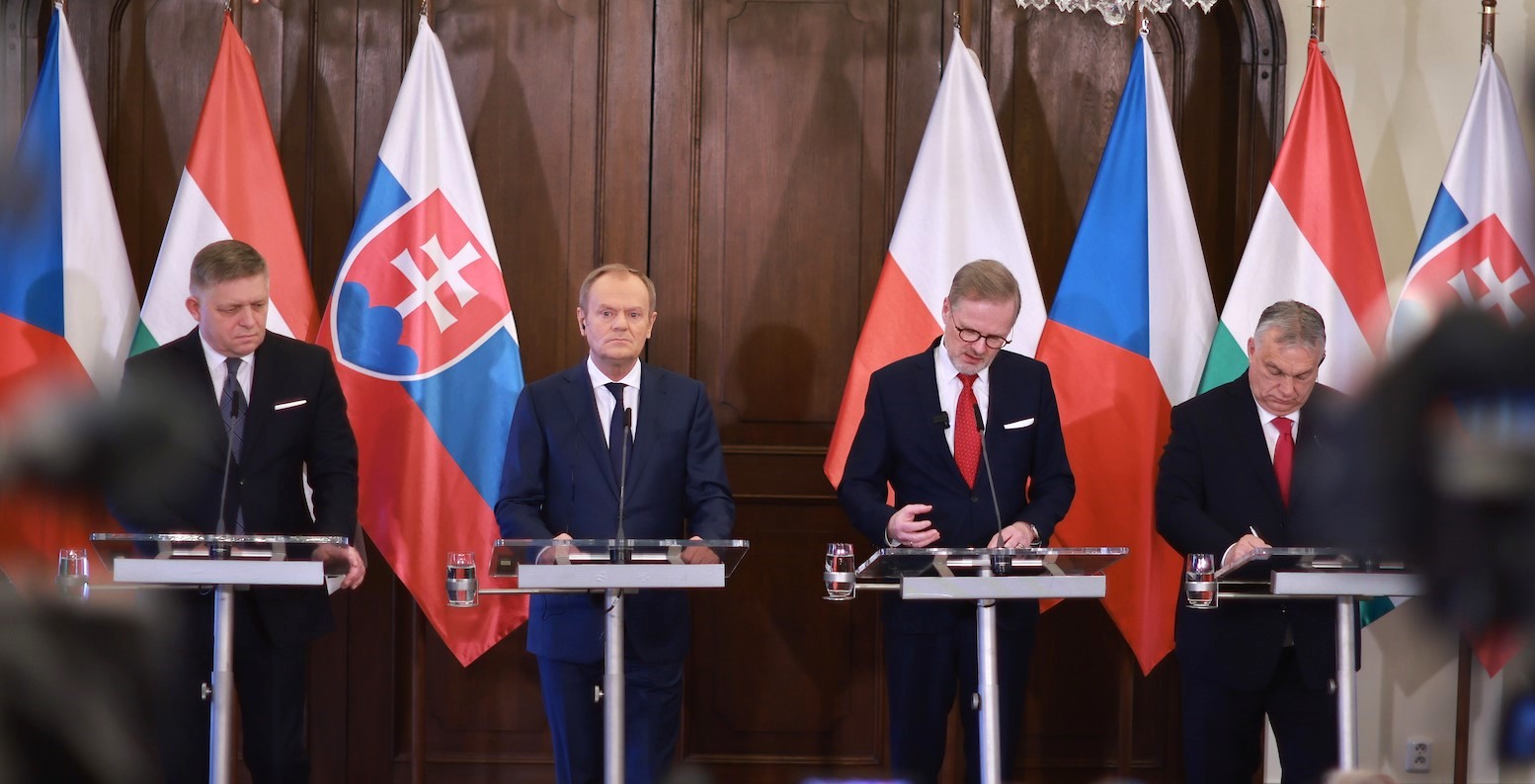
Divisions between the Visegrad Four (V4) – Poland, Hungary, the Czech Republic and Slovakia – were on clear display at a summit of the group in Prague today, with some suggesting the meeting could have been better described as V2+V2.
The Polish and Czech prime ministers, Donald Tusk and Petr Fiala, urged the West to provide continued military support for Ukraine. But their Hungarian and Slovak counterparts, Viktor Orbán and Robert Fico, argued that this would extend the conflict and that there should instead be a stronger push for peace.
Protest against Putin lackeys Fico and Orban, who are in Prague today for a Visegrad Four meeting. A sign reads “Fico go home, to Russia”.
— Ian Willoughby (@Ian_Willoughby) February 27, 2024
“We can send weapons, money and equipment to Ukraine, but in two years, we’ll still be in the same place, only we’ll have tens of thousands more victims on each side,” said Fico at a joint press conference of the four leaders, quoted by the Polish Press Agency (PAP).
“The conflict in Ukraine cannot be solved by armed means,” he argued. “Stopping the fighting allows peace talks to begin…The EU should have its own peace plan and should try to end military operations…I respect Ukraine’s independence but I also remind you that both Ukraine and Russia need security guarantees.”
Those remarks prompted a retort from Tusk. “Guess, Robert, where would be the border between Russia and Ukraine without our assistance,” he said, quoted by Bloomberg. “I think it’s a much more interesting question.”
“There is no place for neutrality…There is no room for negotiations when it comes to determining who is the victim and who is the aggressor,” added Tusk, who made clear that Poland’s aim is to “help Ukraine in its military efforts”.
Polish Prime Minister Donald Tusk admonishes his Slovak counterpart at a high-level meeting in Prague over pro-Russian rhetoric https://t.co/6XkqEdufoi
— Bloomberg (@business) February 27, 2024
Tusk’s position was echoed by Fiala, who said that he “does not believe that pacifist proclamations are the right solution,” reports PAP. “We need to fight for peace, show strength, and not give in to the aggressor because this is the only way to ensure our security, the only way to achieve permanent peace”.
Orbán, meanwhile, backed Fico’s stance. “The war can end in no other way…[than] with peace negotiations,” he noted.
“The question is should the fighting continue or is it worth starting to negotiate peace now? Hungarians believe that the sooner we start negotiating the terms of a ceasefire and peace, the better.”
“Some people look at this conflict through Ukrainian glasses, but Hungary looks through Hungarian glasses,” he added, quoted by broadcaster RMF.
PiS is “open” to Viktor Orbán joining its European grouping, says @MorawieckiM.
He also criticised the EU’s attempts to „blackmail” Hungary into supporting a €50 billion aid package for Ukraine https://t.co/79f8MULtOn
— Notes from Poland 🇵🇱 (@notesfrompoland) February 1, 2024
However, the leaders also highlighted areas where they are in agreement.
The Visegrad countries “agree that Ukraine needs to be helped”, said Orbán, who noted that Russia’s aggression against Ukraine violated international law. But both he and Fico emphasised that their countries were willing to provide humanitarian – though not military – aid.
Tusk said that the meeting had left him “moderately optimistic”. He noted that, despite their “different approaches, we talked about how we can act together for Ukraine as a victim of the Russian attack. After this conversation, I think it is possible to build, at least fragmentarily, such joint work to help Ukraine”.
The Polish prime minister also noted that, beyond the issue of Ukraine, the four countries continue to have common interests in and cooperate on areas such as energy policy and infrastructure.
.@prezidentpavel, dobrze mieć takich sojuszników w Europie jak Czesi. pic.twitter.com/9RvHadyiIC
— Donald Tusk (@donaldtusk) February 27, 2024
Orbán likewise declared that “today’s meeting convinced me that Visegrad is alive, active, and we are able to accept our differences. Hungary is ready to continue this cooperation”. Fiala too said that the quartet had “managed to find consensus on certain issues”.
However, differences were on display again after the V4 summit. Tusk met with current Czech President Petr Pavel, a support of military aid for Ukraine, writing on social media that “it is good to have allies like the Czechs in Europe”.
By contrast, Orbán and Fico met Pavel’s predecessors as president, Miloš Zeman and Václav Klaus, who are both seen as being sympathetic towards Russia.
🇨🇿 Following the #V4 summit in Prague, @PM_ViktorOrban held discussions with former Czech Presidents Milos Zeman and Václav Klaus, with Slovak Prime Minister Robert Fico joining the meeting with Mr. Zeman.
🤝 The informal conversations celebrated Hungarian-Czech political and… pic.twitter.com/nnyyQPOdAh
— Zoltan Kovacs (@zoltanspox) February 27, 2024
Notes from Poland is run by a small editorial team and published by an independent, non-profit foundation that is funded through donations from our readers. We cannot do what we do without your support.
Main image credit: KPRP (under CC BY-NC-ND 3.0 PL)

Daniel Tilles is editor-in-chief of Notes from Poland. He has written on Polish affairs for a wide range of publications, including Foreign Policy, POLITICO Europe, EUobserver and Dziennik Gazeta Prawna.

